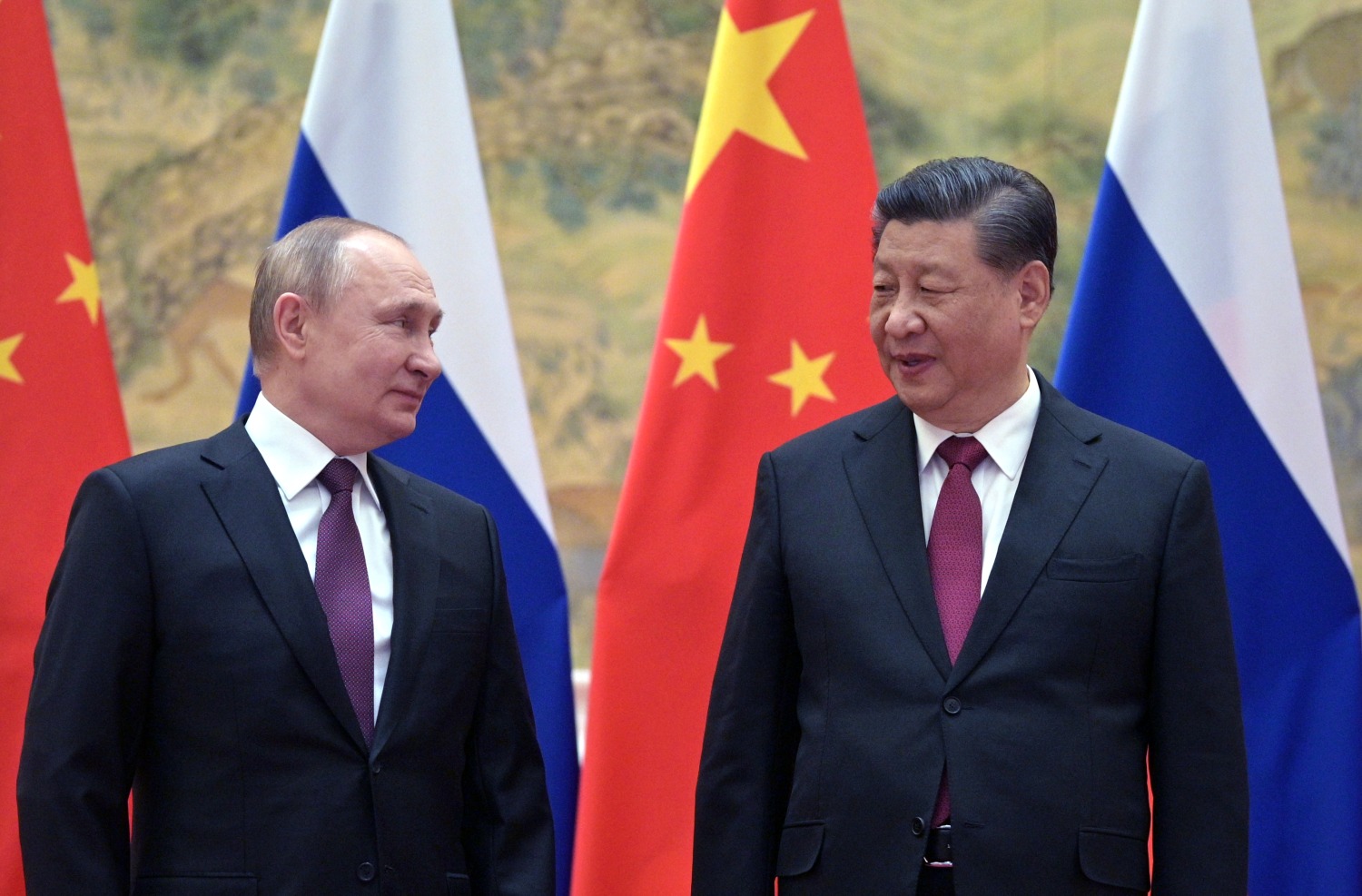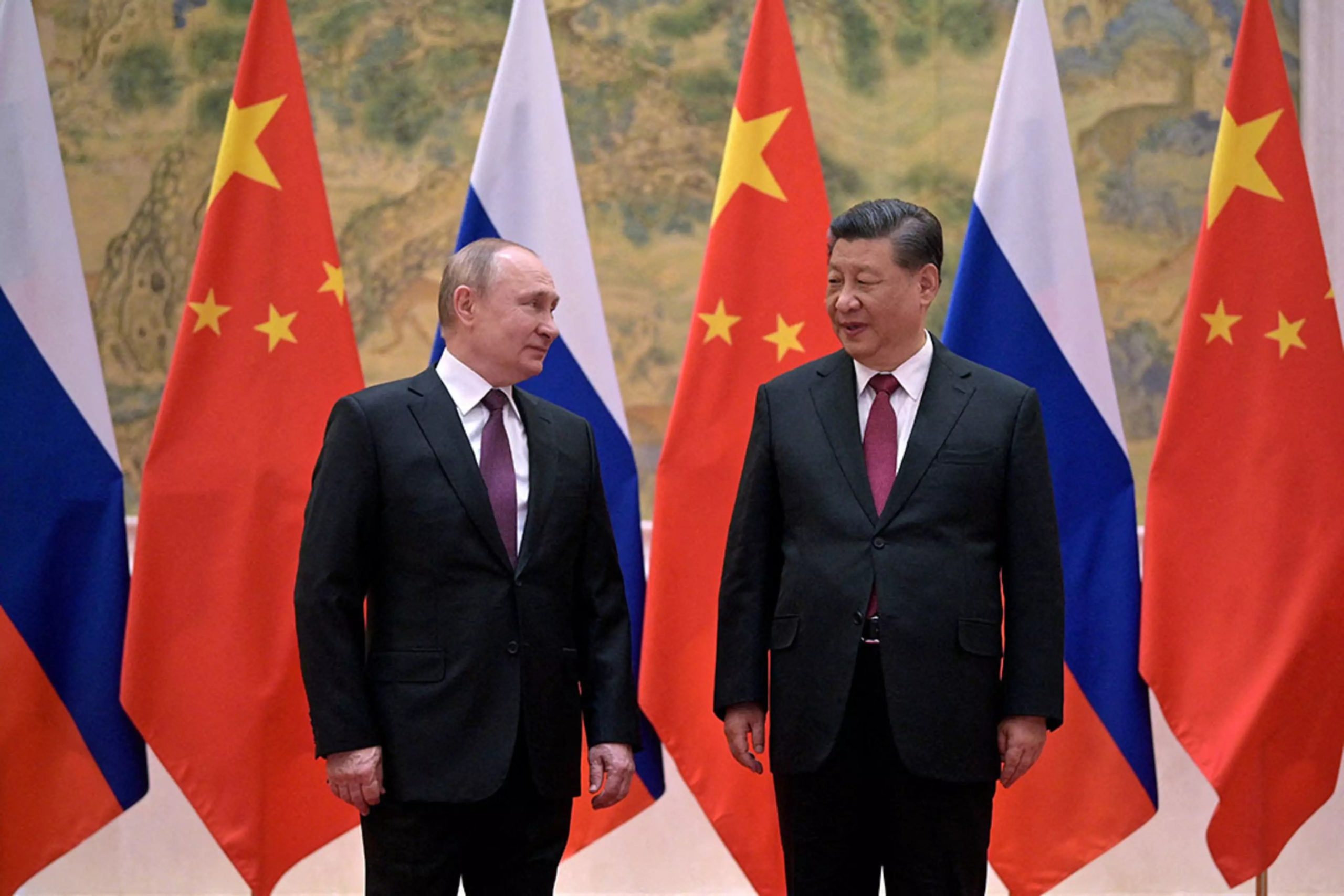A year-on-year shift in public perception indicates that China and Russia are now considered less threatening to Western populations, with concerns focusing more on non-traditional risks such as mass migration and radical Islam, according to recent research.
The Munich Security Index 2024 survey results revealed that while public perception of traditional hard security risks is higher than three years ago, it has decreased since 2022, the year of Russia’s invasion of Ukraine.
The findings suggest a disparity between public sentiment and political agendas, evident as global leaders gather at the Munich Security Conference to address what organizers describe as a “downward trend in world politics, marked by an increase in geopolitical tensions and economic uncertainty.”

Russian and Chinese President (Credits: Brookings Institution)
Key topics on the conference agenda include the ongoing conflicts between Russia and Ukraine, Israel and Hamas, as well as discussions on NATO expansion and the potential return of Donald Trump to the White House.
While the majority of respondents in Western countries anticipate an increase in traditional hard security risks, there is broad alignment in public opinion regarding medium-term economic and geopolitical concerns.
The prevailing view among respondents in Western countries is that China and other powers from the Global South will gain more influence in the coming decade, while Western powers are expected to either stagnate or decline.
The Munich Security Index 2024 survey encompassed 12,000 people across G7 countries, including Brazil, India, China, and South Africa.
Notably, few Western respondents expressed optimism about their country being more secure and prosperous in the next ten years. In contrast, the majority of respondents in emerging economies anticipated improvements both financially and politically.























